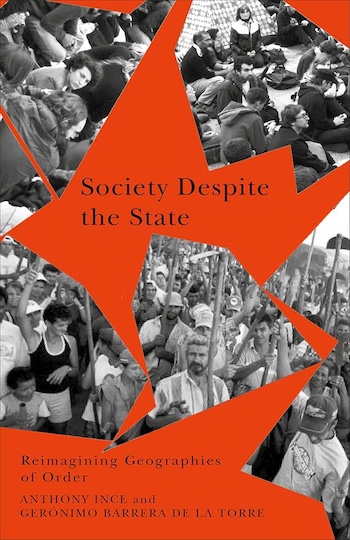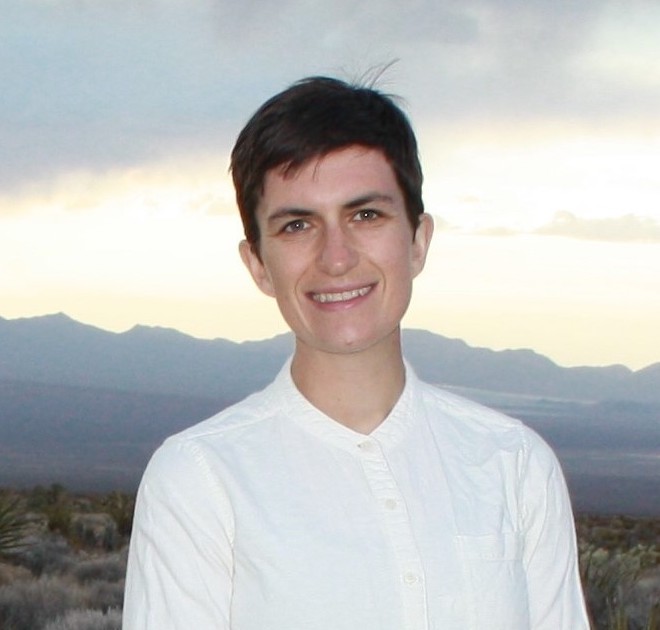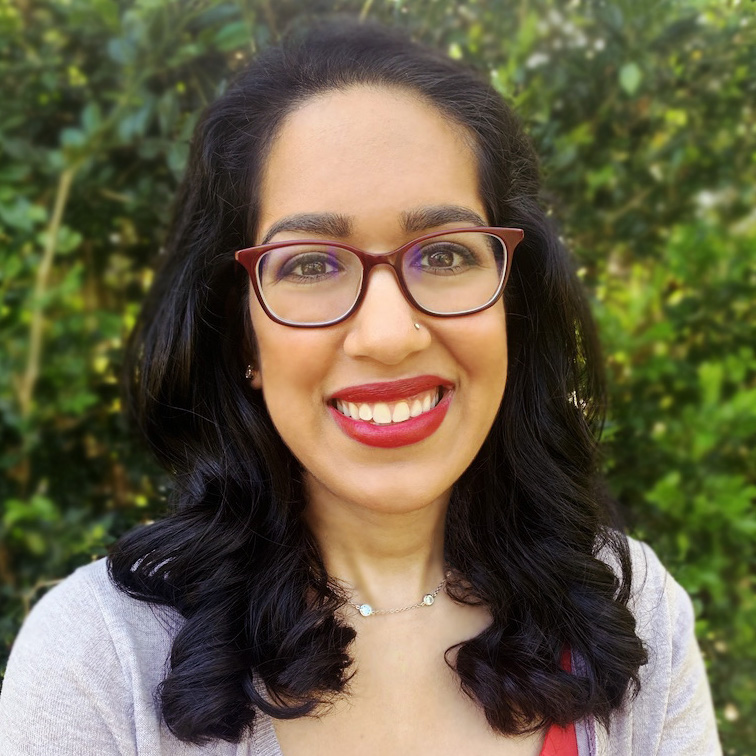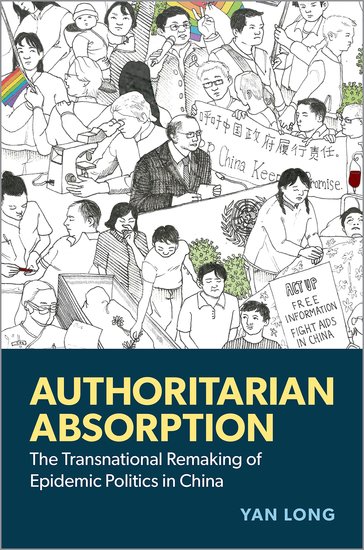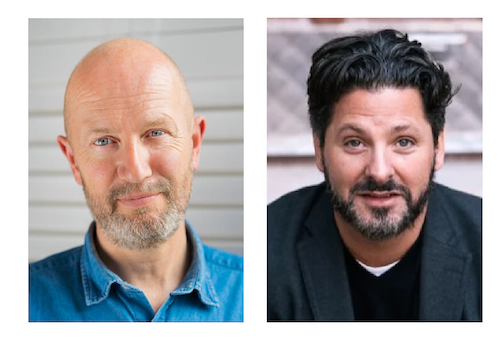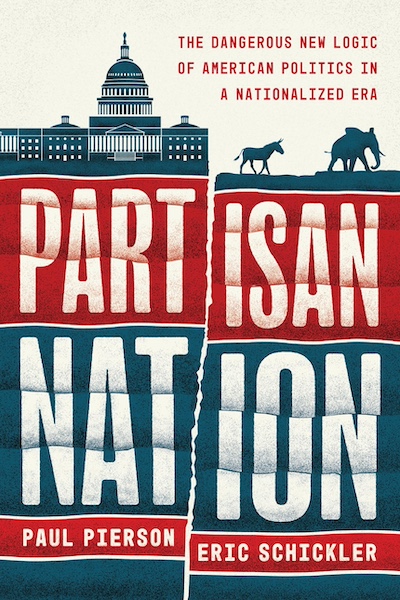Authors Meet Critics
Recap
Society Despite the State: Reimagining Geographies of Order
Recorded on February 10, 2025, this "Authors Meet Critics" panel centered on the book "Society Despite the State: Reimagining Geographies of Order," by Gerónimo Barrera de la Torre, Assistant Professor of Geography at UC Berkeley, and Anthony Ince, Senior Lecturer (Associate Professor) in Human Geography at Cardiff University and British Academy Mid-Career Fellow. The authors were joined in conversation by Dylan John Riley and Anna Stilz, and Jake Kosek moderated.
Learn More >Podcast
Interview
Interview with Julia Sizek: Regulating Off-Roading in the California Desert
Julia Sizek is a writer and anthropologist who studies the California desert and rural land management more broadly. Her work focuses on the politics of land in the California desert, including: the cultural politics of conservation acquisition in the railroad checkerboard, the rhetoric of environmental impact reporting, and the legal geographies of off-highway vehicle use. […]
Learn More >New Directions
Recap
New Directions in the Study of Fringe Politics
Fringe politics today is highly diverse and dynamic, reflecting the rapid social, technological, and economic changes of the 21st century. While the term “fringe” suggests ideas or movements outside the political mainstream, many fringe ideologies have increasingly influenced, or even reshaped, national and global political landscapes. Recorded on February 4, 2025, this panel brought together a group of UC Berkeley graduate students from the fields of geography, anthropology, and sociology for a discussion on politics on the fringe through the lens of such topics as QAnon, religious studies, and California secessionism.
Learn More >California Spotlight
Recap
The Future of California Agriculture
As one of the nation’s agricultural powerhouses, California’s farming industry stands at a critical juncture. Climate change, labor availability and migration, and rapidly evolving technologies are reshaping the landscape of agriculture in the Golden State. This panel, recorded on January 30, 2025 and presented as part of the UC Berkeley Social Science Matrix California Spotlight series, brought together experts to analyze these changes and explore their implications for agricultural communities and rural economies.
Learn More >Global Democracy Commons
Recap
Making Sense of the Elections of 2024
Presented as part of the Global Democracy Commons initiative, this panel featured UC Berkeley scholars discussing the 2024 elections in different parts of the world. The panel included James Vernon, Helen Fawcett Distinguished Professor, History; Alison Post, Associate Professor, Political Science; Trevor Jackson, Assistant Professor, History; Aarti Sethi, Assistant Professor, Anthropology; and Kwanele Sosibo, Lecturer, Art History.
Learn More >Podcast
Interview
Gendered Violence in Insurgencies: Interview with Tara Chandra
This episode of the Matrix Podcast features an interview with Tara Chandra, a consultant and independent researcher who received a PhD in Political Science with a Designated Emphasis in Women, Gender, and Sexuality Studies from UC Berkeley. The interview focused on Chandra's work on gendered violence in insurgencies and counterinsurgencies.
Learn More >Authors Meet Critics
Recap
Sin Padres, Ni Papeles: Unaccompanied Migrant Youth Coming of Age in the United States
This Authors Meet Critics panel focused on "Sin Padres, Ni Papeles: Unaccompanied Migrant Youth Coming of Age in the United States," by Stephanie L. Canizales, Assistant Professor of Sociology at UC Berkeley and Faculty Director of the Berkeley Interdisciplinary Migration Initiative. With Kristina Lovato, Caitlin Patler, and Sarah Song.
Learn More >Authors Meet Critics
Recap
Authoritarian Absorption: The Transnational Remaking of Epidemic Politics in China
Watch the video (or listen to the podcast) of or our Authors Meet Critics panel featuring "Authoritarian Absorption: The Transnational Remaking of Epidemic Politics in China," by Yan Long, Assistant Professor in the UC Berkeley Department of Sociology. Professor Long was joined in conversation by Matthew Kohrman and Rachel E. Stern, with Tom Gold moderating.
Learn More >Podcast
Interview
Emotion, Race, and Gender: Interview with Gold Okafor
Listen to our interview with Gold Okafor, a PhD candidate in social and personality psychology at UC Berkeley who investigates racial and gender disparities through emotion. The interview focuses on Okafor's paper, "Measuring Mindfulness in Black Americans: A Psychometric Validation of the Five Facet Mindfulness Questionnaire," as well as other research topics.
Learn More >Matrix On Point
Recap
Shifting Alignments in the 2024 Election
Recorded on October 25, 2024, this panel examined the shifting demographic and political forces that are redefining the traditional bases of the Democratic and Republican parties and their efforts to build new electoral coalitions. The panel featured Ian Haney López, David Hollinger, and Omar Wasow, and was moderated by G. Cristina Mora.
Learn More >Podcast
Interview
The Imperiled Place of Universities and Democracy in the USA: An Interview with Todd Wolfson
This Matrix Podcast episode features a conversation between James Vernon, Director of the Global Democracy Commons initiative, and Todd Wolfson, the new President of AAUP, about how public disinvestment from higher education and the culture wars have transformed colleges in ways that make them less democratic places — and imperil democracy across the country.
Learn More >Authors Meet Critics
Recap
Authors Meet Critics: “Partisan Nation: The Dangerous New Logic of American Politics in a Nationalized Era”
Watch the video (or listen to the podcast) of our Authors Meet Critics panel "Partisan Nation: The Dangerous New Logic of American Politics in a Nationalized Era," by Paul Pierson and Eric Schickler, who were joined in conversation by Francis Fukuyama and Didi Kuo. Moderated by Mark Danner.
Learn More >